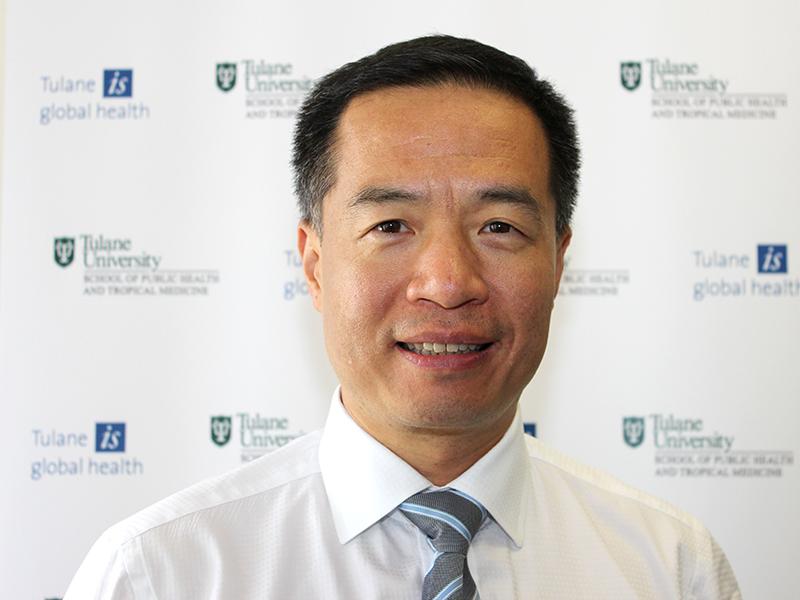Tulane Research Finds Most Cost-Effective Treatments for Newly Diagnosed Advanced Melanoma

First-line treatment with nivolumab plus ipilimumab or pembrolizumab were the more cost-effective options for newly diagnosed advanced melanoma with unknown BRAF pathogenic variant status, a cost-utility analysis reveals. The analysis was done by Dr. Lizheng Shi, the interim chair of the Department of Health Policy and Management at the Tulane University School of Public Health and Tropical Medicine, and Dr. Bin Wu of Shanghai Jiaotong University.
"Economic evaluation is an important part of the value framework for cancer treatment," coauthors Drs. Shi and Wu said. "Although (this) economic evaluation is mostly relevant to the US," they said, "our findings have implications globally because BRAF mutation testing may not be widely available in other countries due to social, technological, and capacity restrictions."
"The use of nivolumab plus ipilimumab could be recommended upfront across the commonly used treatment strategies," they note, "especially when the mutation status is not clear for newly diagnosed patients with advanced melanoma."
Drs. Shi and Wu compared the cost-utility of various immune checkpoint inhibitors and BRAF and MEK inhibitors using data from four large trials and from the literature on cost and health preferences. Costs were estimated from the U.S. payer perspective. BRAF is a human gene that encodes a protein called B-Raf. MEK is a mitogen-activated protein kinase, an enzyme that catalyzes the transfer of phosphate groups from high-energy, phosphate-donating molecules to specific substrates.
Dr. Joseph Skitzki, chair of the Melanoma/Sarcoma Disease Site Research Group at Roswell Park Comprehensive Cancer Center in Buffalo said the study "makes an important contribution in identifying strategies that have the most patient benefit and lowest cost, as the current economics of small molecule inhibitors and immunotherapies for melanoma are becoming unsustainable."
More information is needed on factors such as dosing schedules, levels of immunotherapy agents, extended treatment schedules, and triplet therapies in trial (BRAF/MEK in combination with immunotherapy as front-line treatment), he added. "All of (these) may have a direct influence on the economic/patient benefit analyses."
"The take-home message of this study is a valuable one," Dr. Skitzki concluded: "Current treatments for metastatic melanoma are effective but incredibly expensive, and strategies to safely optimize care and reduce cost are warranted, but maybe incredibly complex."
Read the full study on JAMA Dermatology here.
